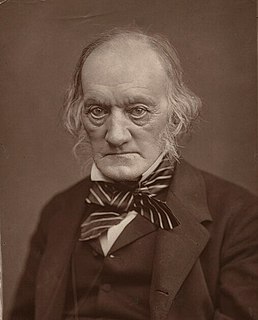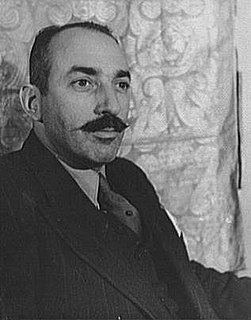A Quote by Clayton Christensen
In general, the questions that are on our mind are the same questions that have been driving our work over the past decade. How do we bring order to this messy, unpredictable world of innovation? How can we dramatically improve the chances of creating a successful new-growth business? How can we do this again and again? More specifically, it has become very clear that the fundamental paradigms of market segmentation and branding are badly broken - and we're working on developing more useful theories for these dimensions of innovation.
Quote Topics
Again
Again And Again
Badly
Become
Been
Branding
Bring
Broken
Business
Chances
Clear
Creating
Decade
Developing
Dimensions
Dramatically
Driving
Fundamental
General
Growth
How
Improve
Innovation
Market
Messy
Mind
More
New
Order
Our
Over
Over The Past
Past
Questions
Same
Specifically
Successful
Theories
Unpredictable
Useful
Very
Work
Working
World
Related Quotes
Curiosity is a key building block. The more curious you are, the more creativity you will unleash. A great way to do that is to ask the three "magic questions" again and again... those questions are simply, "Why", "What if?", and "Why not?". Asking these questions constantly focused you on the possibilities and away from how things are at the moment.
At the Third Wave Foundation, we were asking questions like, "How can we get more voters registered who support our issues?" or "How do we want to give away of money so that it has the greatest impact?" But, the poems were involved in questions of feeling whole, negotiating sexual trauma, and speaking to what has been lost forever. I've always been a person who feels most energized when I am both creating art and working toward social change, but I often have difficulty talking about the two in the same breath.
A great thinker once described innovative thinkers this way: "Some men see things as they are and say, 'Why?' I dream of things that never were and say, 'Why not?'" Innovative thinkers are constantly asking questions such as these. How can we improve recruiting, hiring and training. How can be add greater value to our products and services by making them even better? How can we do more to nourish the personal as well as professional development of our people? What more can we do as a good citizen where we do business?
We do have the ability to shift our paradigms - by shifting our belief systems, by working on ourselves, by looking very closely at how we show up in the world. It's why I'm into health and wellness. It's why my partner and I are very focused on creating a life that is about being connected; it's about being present. Because my life was probably so much in the past. I was so fearful. I was so fearful of the future because I was so scared of my past. So if you can work towards being present, then you can shift.
Everything we know has its origin in questions. Questions, we might say, are the principal intellectual instruments available to human beings. Then how is it possible that no more than one in one hundred students has ever been exposed to an extended and systematic study of the art and science of question-asking? How come Alan Bloom did not mention this, or E. D. Hirsh, Jr., or so many others who have written books on how to improve our schools? Did they simply fail to notice that the principal intellectual instrument available to human beings is not examined in school?
Our minds are specifically adapted to developing certain theories, and we have a science if the theories that are available to our minds happen to be close to true. Well, there is no particular reason to suppose that the intersection of true theories and theories that are accessible to the mind is very large. It may not be very large.
Getting global innovation projects right is really important as they create competitive advantage two ways. When the knowledge for an innovation is from different sites around the world, it's very much more difficult for competitors to copy these innovation - they'd have to access the same knowledge from the same places. Secondly, costs and time to market can be significantly reduced leading to first mover advantage through parallel development in global projects.
If you look across the economy, if you have multiple players in an industry, you have more customization, more innovation, greater choice for consumers. The more you have consolidation, the less likely you are to invest in innovation. It becomes all about driving down cost and mass production. And that's not good for innovation in an industry.



































